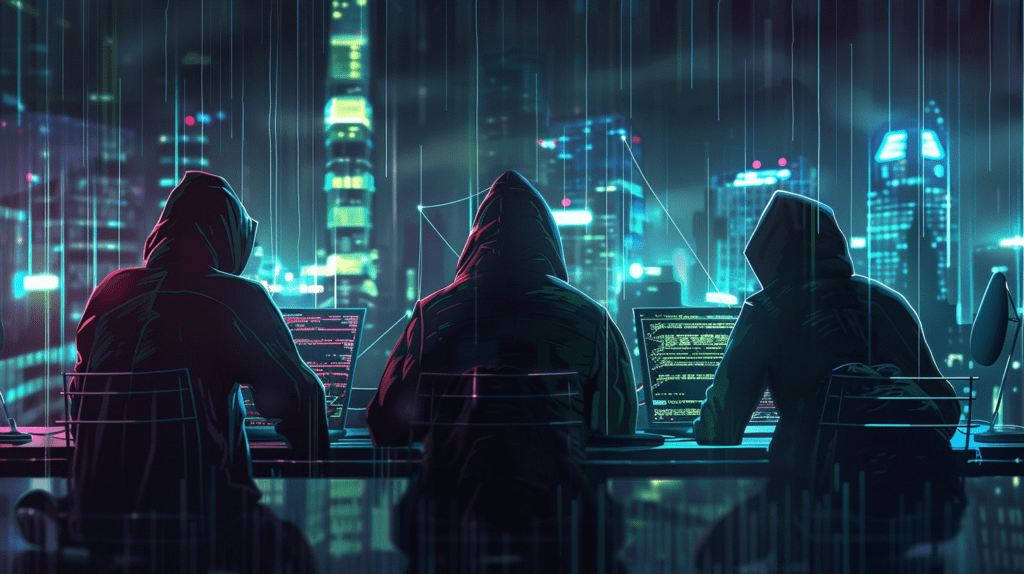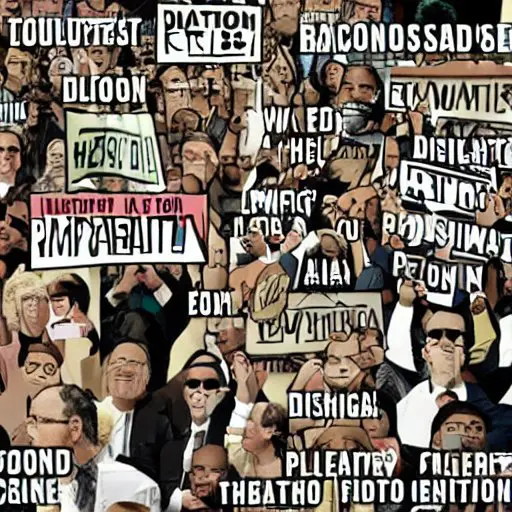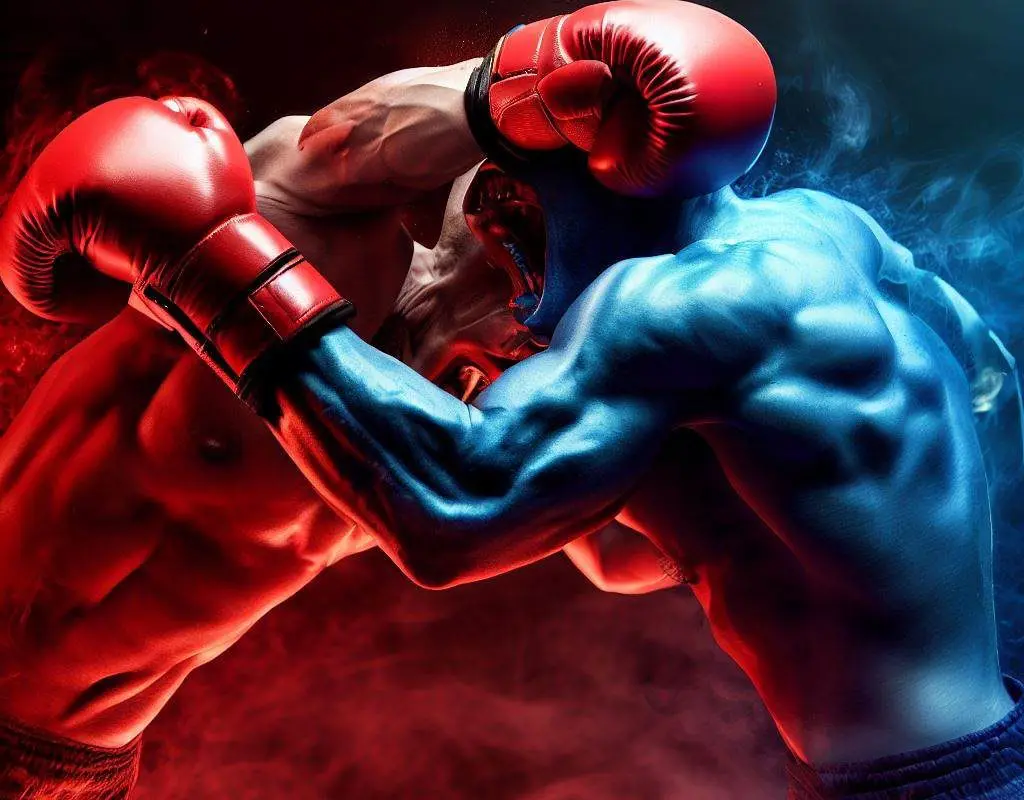Microtargeting is a marketing and political strategy that leverages data analytics to deliver customized messages to specific groups within a larger population. This approach has become increasingly prevalent in the realms of digital media and advertising, and its influence on political campaigns has grown significantly.
Understanding microtargeting
Microtargeting begins with the collection and analysis of vast amounts of data about individuals. This data can include demographics (age, gender, income), psychographics (interests, habits, values), and behaviors (purchase history, online activity). By analyzing this data, organizations can identify small, specific groups of people who share common characteristics or interests. The next step involves crafting tailored messages that resonate with these groups, significantly increasing the likelihood of engagement compared to broad, one-size-fits-all communications.
Microtargeting and digital media
Digital media platforms, with their treasure troves of user data, have become the primary arenas for microtargeting. Social media networks, search engines, and websites collect extensive information on user behavior, preferences, and interactions. This data enables advertisers and organizations to identify and segment their audiences with remarkable precision.

Digital platforms offer sophisticated tools that allow for the delivery of customized content directly to individuals or narrowly defined groups, ensuring that the message is relevant and appealing to each recipient. The interactive nature of digital media also provides immediate feedback, allowing for the refinement of targeting strategies in real time.
Application in advertising
In the advertising domain, microtargeting has revolutionized how brands connect with consumers. Rather than casting a wide net with generic advertisements, companies can now send personalized messages that speak directly to the needs and desires of their target audience. This approach can improve the effectiveness of advertising campaigns — but comes with a tradeoff in terms of user data privacy.
Microtargeted ads can appear on social media feeds, as search engine results, within mobile apps, or as personalized email campaigns, making them a versatile tool for marketers. Thanks to growing awareness of the data privacy implications — including the passage of regulations including the GDPR, CCPA, DMA and others — users are beginning to have more control over what data is collected about them and how it is used.
Expanding role in political campaigns
The impact of microtargeting reaches its zenith in the realm of political campaigns. Political parties and candidates use microtargeting to understand voter preferences, concerns, and motivations at an unprecedented level of detail. This intelligence allows campaigns to tailor their communications, focusing on issues that resonate with specific voter segments.
For example, a campaign might send messages about environmental policies to voters identified as being concerned about climate change, while emphasizing tax reform to those worried about economic issues. A campaign might target swing voters with characteristics that match their party’s more consistent voting base, hoping to influence their decision to vote for the “right” candidate.
Microtargeting in politics also extends to voter mobilization efforts. Campaigns can identify individuals who are supportive but historically less likely to vote and target them with messages designed to motivate them to get to the polls. Similarly, microtargeting can help in shaping campaign strategies, determining where to hold rallies, whom to engage for endorsements, and what issues to highlight in speeches.
Ethical considerations and challenges
The rise of microtargeting raises significant ethical and moral questions and challenges. Concerns about privacy, data protection, and the potential for manipulation are at the forefront. The use of personal information for targeting purposes has sparked debates on the need for stricter regulation and transparency. In politics, there’s apprehension that microtargeting might deepen societal divisions by enabling campaigns to exploit sensitive issues or disseminate misleading information — or even disinformation — to susceptible groups.
Furthermore, the effectiveness of microtargeting in influencing consumer behavior and voter decisions has led to calls for more responsible use of data analytics. Critics argue for the development of ethical guidelines that balance the benefits of personalized communication with the imperative to protect individual privacy and maintain democratic integrity.
Microtargeting represents a significant evolution in the way organizations communicate with individuals, driven by advances in data analytics and digital technology. Its application across advertising and, more notably, political campaigns, has demonstrated its power to influence behavior and decision-making.
However, as microtargeting continues to evolve, it will be crucial for society to address the ethical and regulatory challenges it presents. Ensuring transparency, protecting privacy, and promoting responsible use will be essential in harnessing the benefits of microtargeting while mitigating its potential risks. As we move forward, the dialogue between technology, ethics, and regulation will shape the future of microtargeting in our increasingly digital world.





















